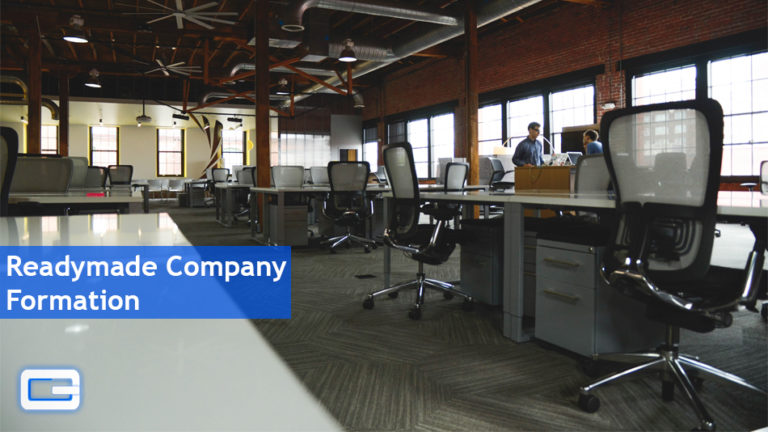The second part of the blog will take you through other key factors that determine which is a good business to buy. Though it is a tough ask at the onset, learning the fundamentals of analyzing and evaluating business holds the key to make an informed decision on buying the best business. Here are some pointers that would take you closer to your dream business.
Considering if the business is right for you
The odds of considering a business for purchase squarely lies on the buyer’s ability to streamline operation and make profits. If the chosen business area fails to enthuse the buyer, he or she may not commit to making any improvements. Also, lack of skill sets or innate talents in a specific area does not rule out the possibility of buying a business, given that application of any skill learnt or technique can prove lucrative in the long run. Bottom line, look at any business from an angle of best fit such that if there’s a mismatch between a specific skill and its application in business, it’s better to move on to the next opportunity.
Focus on Gross Sales
It’s important to review the following financial statement as part of your preliminary due diligence:
# Profit & loss (or income) statement
#Balance sheet
#Statement of retained earnings
# Cash flow statement
The first step in evaluating the financial health of a business is to check the business’s top line (gross sales). The owner’s benefit is determined from the gross sales of a business. For instance, if a business owner is able to make roughly 10% – 20% from gross sales, which means that when a business makes a million in sales, $100,000-$200,000 would be going to the owner. It is important to know much the owner is averaging in terms of gross profit to help you drive your buying decision forward.
Potential for improvement
Though any buyer’s decision to purchase a business is based on the latest sales record, an astute buyer would also look for improvement of business over the long haul, and explore multiple streams of revenue that the current owner may fail to identify or appreciate. Sometimes even an underutilized asset can turn into an opportunity hitherto hidden. To put things into perspective, thirty percent of your buying decision should be based on how the business has performed in the past and seventy percent based on how you work on the improvement part. This is where the buyer can add value to the business.
Making a purchase offer
Once you’ve made the decision to buy a business, it is important to take a microscopic look at the value of the business and assess whether or not the business owner is asking for a fair price. To determine the value of a business of course is beyond the scope of the blog.




